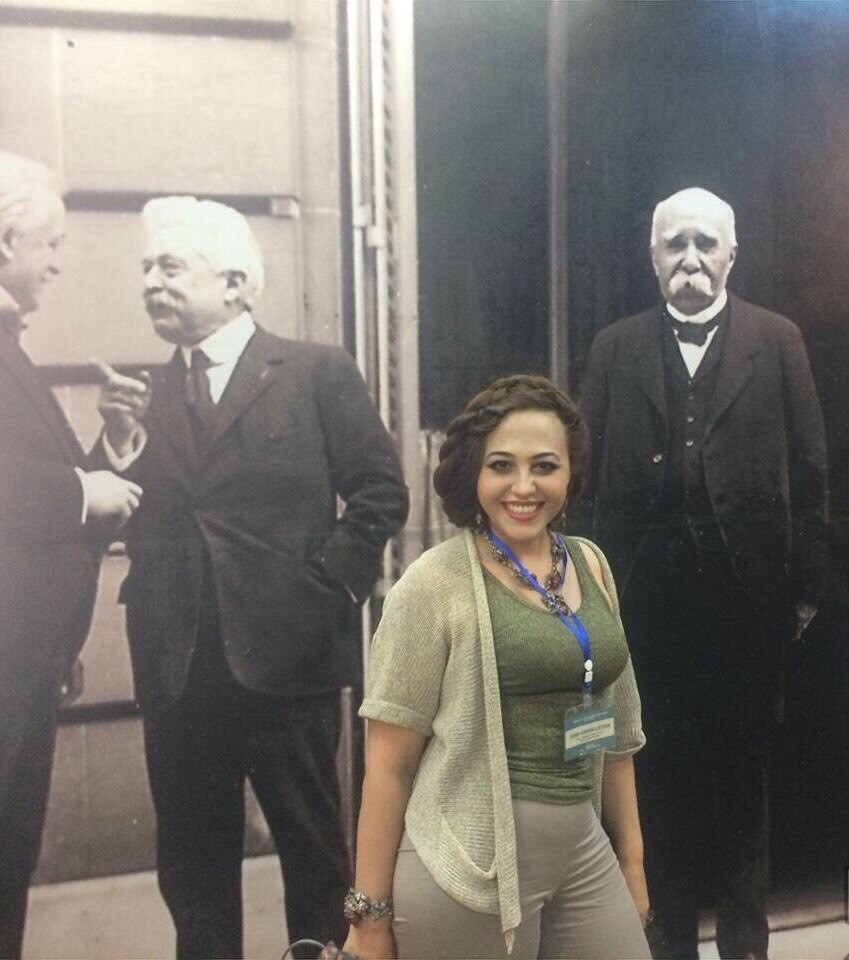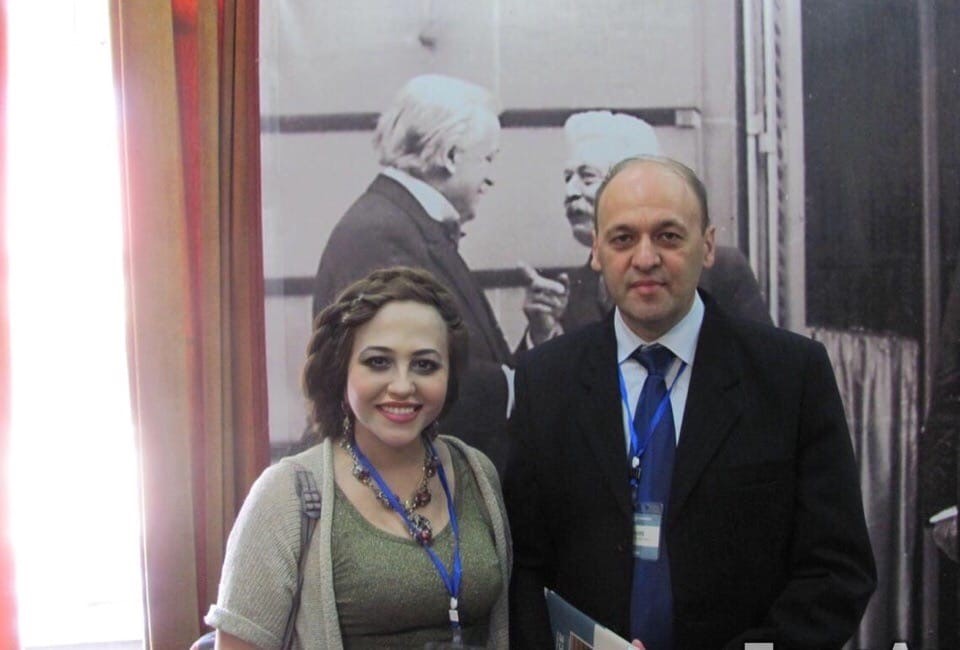"How Kaiser Wilhelm Got into a Galosh": a Modern View of the Coverage of the Paris Peace Conference

The chapter “The Manipulation of the Public Consciousness through Russian Press Coverage of Events around the Paris Peace Conference of 1918-1920” was written by Irina Karabulatova, a RUDN professor. Based on archival materials, the author reveals the psychological mechanisms of propaganda influence on mass consciousness and the peculiarities of manipulating public opinion.
- How did the Russian press conceal the results of the Paris conference and distract the public opinion from the signing of the burdensome Brest-Litovsk peace treaty?
- Why were the propaganda materials targeted at soldiers?
- How was the laughter discourse and the rhythms of Russian folk dances used in propaganda leaflets? Why did the creators of cartoons depict Kaiser Wilhelm in a galosh?
- Why is Russia’s contribution to the first world war still undervalued?
The prolonged First world war put a heavy burden on our country and became one of the reasons for the revolutions of 1917 and the bloody civil war. Due to censorship, the Paris Peace Conference, which established the foundations of new world order, did not have a balanced presentation in the Russian press, despite the abundance of mass media that reflected diametrically opposed views of various political forces. Russia’s contribution to the overall victory was undervalued, and the press deliberately kept quiet in respect of the events of the conference.
To distract public opinion from the fact of Russia’s defeat in the war, newspapers of that time began to pay more attention to Russia’s domestic issues: the civil war and the emergence of a new state. On the other hand, the propaganda materials intended for poorly educated soldiers and peasants showed the opposite tendency: it reminded the target audience that Russia fought on the side of the victorious Entente. This gave the fighters a sense of winner’s euphoria.
Propaganda materials contributed to the successful manipulation of mass consciousness. They used examples from everyday practices that were familiar to the readers and fit into their value system.
Soviet propaganda leaflets also served as a method of ideological pressure needed to turn the soldiers, who had been forcibly recruited and were tired of the war, into committed defenders of the regime. The Bolsheviks seriously believed that the events in Russia in 1917 were only a stepping stone to the world revolution that would soon take place in Europe. With the help of propaganda materials, the fighters were efficiently persuaded to consider themselves soldiers of the world revolution successfully fighting against “capitalist exploiters”.

The basic principles of public consciousness control, developed at the dawn of the Soviet power, were actively used both in the era of developed socialism and in the post-Soviet period.
“Of course, the role of the First world war in the historical memory of our people is diminished by the Second world war. This is largely the result of the insult that the nation felt as a result of the signing the shameful Treaty of Brest. It devalued the contribution of Russia, which had been fighting on the winning side throughout the war but ended up among the losers. The insufficient information about the first world war is one of the reasons for unfair and incorrect interpretation of the facts. These days, publications tend to be fragmentary and scattered, so the key difficulty was to find and select the material. We had to compare data from a large number of archives,” Irina Karabulatova commented.
Background information:
Irina S. Karabulatova is a Doctor of Philology, professor of the Department of Foreign Languages of Philological Faculty at the Academy of Natural Sciences, an accredited expert of the Ministry of Education and Science of the Russian Federation. Irina Karabulatova supervised the thesis research of more than 40 candidates and doctors of science.
On February 6-7, RUDN University hosted an international scientific and practical conference “Modern university mission in the context of transformation challenges in a multipolar world”. The event was timed to coincide with the 65th anniversary of the founding of RUDN University.
About 200 participants from Russia and 20 countries met at the National Interdisciplinary Scientific Seminar with International Participation “Law in Medicine. Medicine in Law: Points of Contact”. The subject was “Happy Motherhood: unsolved problems of obstetrics, gynaecology and perinatology”.
The collection consists of two volumes and includes biographical information about Russian demographers and their scientific research. The first volume is devoted to the research of the Pre-Revolutionary period, the second to the works of the Soviet era and the present.
On February 6-7, RUDN University hosted an international scientific and practical conference “Modern university mission in the context of transformation challenges in a multipolar world”. The event was timed to coincide with the 65th anniversary of the founding of RUDN University.
About 200 participants from Russia and 20 countries met at the National Interdisciplinary Scientific Seminar with International Participation “Law in Medicine. Medicine in Law: Points of Contact”. The subject was “Happy Motherhood: unsolved problems of obstetrics, gynaecology and perinatology”.
The collection consists of two volumes and includes biographical information about Russian demographers and their scientific research. The first volume is devoted to the research of the Pre-Revolutionary period, the second to the works of the Soviet era and the present.